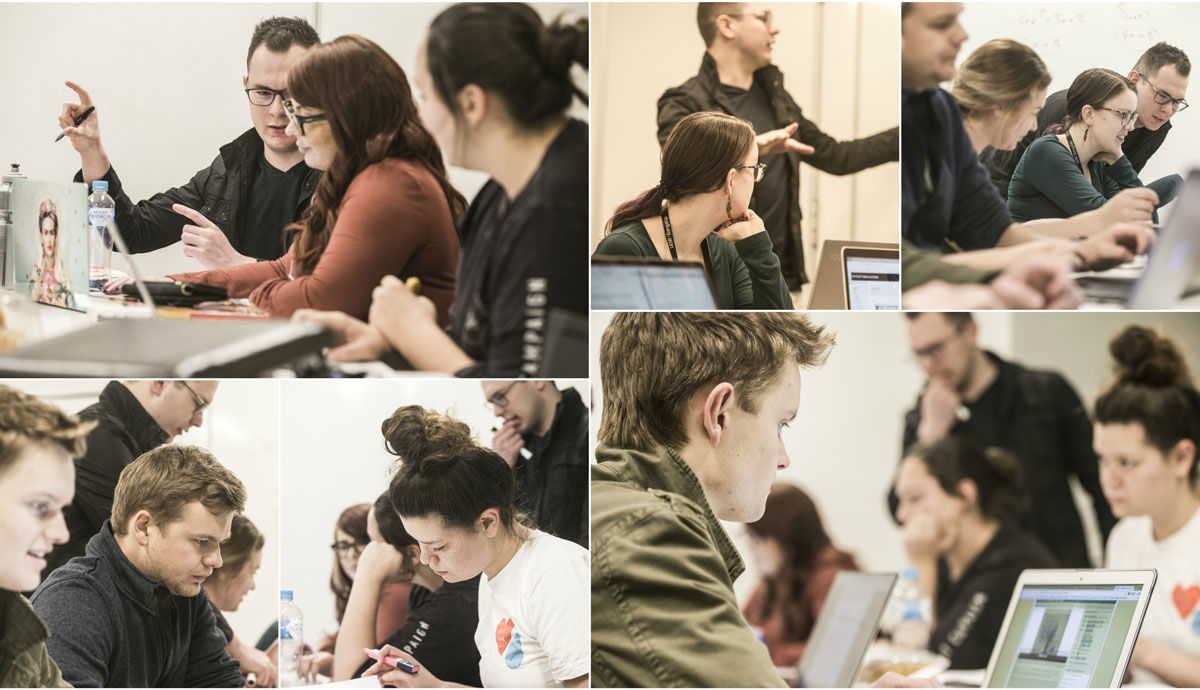September 21, 2017
First year students living in UOW residences perform better academically
World-leading ResPASS program shows early signs of success.
Figures show first year students at the University of Wollongong (UOW) who live in University residences, are more likely to achieve higher academic results, according to recent University data.
The academic records data collated between 2014 and 2017, reveals the average marks for students who are starting out their university studies living on campus, are higher than those living off campus.
In semester one of 2017, first year international students living in UOW residences achieved an average 7.64 marks higher than overseas students living off campus, while first year domestic students living on campus scored an average 2.32 more marks than their counterparts living off campus.
The general academic performance of all students living on campus between 2014 and 2017 was higher, with students living in UOW accommodation recording an average 2.28 marks higher than those in private accommodation.
One contributing factor for the stronger academic achievement of students living in UOW residences can be attributed to the success of a world-leading residential peer-based learning model, ResPASS, introduced at Marketview residence in 2012.
Based on the philosophies underpinning the PASS (Peer Assisted Study Sessions) model, ResPASS offers students free additional peer-led study support within their accommodation environment. Each week, ResPASS leaders, who receive extensive training and professional development around group-based facilitation and being an academic role model, offer regularly scheduled Peer Learning Groups (PLGs) based around broad study areas.
The initiative has created a supportive residential peer-learning environment which fosters the development of independent learning skills and creates healthy habits for study discipline. Based on the success of the pilot program roll-out at Marketview, ResPASS has since been extended to include four additional residences including; Weerona in 2015 and Bangalay, International House and Campus East in 2017.
Peer Learning Manager, Melissa Zaccagnini, who spear-headed the program’s implementation at Marketview with Student Residence Manager, Mary Sparks, says they have seen an upward trend in ResPASS student participation.
“It has grown from 90 students who participated in 500 hours of peer-learning groups at one site in 2012, to 427 students who have clocked up 3,270 hours of PLGs across five residences in autumn 2017.
“What’s great about this peer-led model is that the student leaders who are running the study sessions are only one or two stages ahead of the students receiving the support and can assist fellow students who may be undertaking courses they’ve recently completed themselves. It also encourages discipline-based connections amongst students living on residence.
“We’ve also noticed a trend in students from regional and rural communities engaging at a higher rate in these opportunities, largely because it’s a relaxed, community based style of learning which can be a less daunting learning environment,” Ms Zaccagnini said.
Student Leader, James Hayward, who is in his fourth year of a Bachelor of Law and Commerce, participated in the ResPASS program in his early years and is now leading the study groups at Bangalay residence. He says it provides a more relaxed avenue of learning and support.
“What it tends to do is remove the formalities of the PASS program on campus and make it more informal so that students aren’t so hesitant in engaging in the particular subjects that they might feel intimidated asking their lecturers about or other students who are more advanced.”
He says coming from a small town near Leeton in regional NSW, this program has had a positive impact on his academic experience.
“Although Wollongong is not a large city, it’s certainly an intimidating experience. Living on campus allows you to bond with people and form social connections that extend into the academic field.”
“I do not think I would have achieved the marks or progressed at the level that I have if I wasn’t living on campus. It removes the stress of other experiences that you have to deal with when you move out of home or at least it minimises those experiences, so you can put all your energy and focus into your studies,” James said.
Student Residence Manager, Mary Sparks, says while living on campus is conducive to achieving academically, there are many other benefits.
“We don’t just offer a bed, we look after the whole person and their wellbeing. In addition to the academic support program there are also social, cultural, sporting and spiritual programs.
“Students get to meet fellow residents from all over the world, have the ability to learn different cultures and these normally form lifetime friendships; we have had a number of relationships that have led to marriage and positive life-changing experiences,” Ms Sparks said.
The success of the ResPASS program continues to gain momentum - six accommodation staff members have now obtained ResPASS Supervisor accreditation to run the program at each site. ResPASS has also now attracted attention from other universities across Australia, wishing to learn and replicate the model.
In February 2018, an additional 800 beds will be coming on line, following the expansion of University residence, Koolabong Village.
Students interested in living on campus can apply for a UOW Accommodation Guarantee before 12 November, 2017.
 Students participating in a peer-led study group at Bangalay
Students participating in a peer-led study group at Bangalay
:format(jpg)/prod01/channel_3/assets/live-migration/www/images/content/groups/public/web/media/documents/mm/uow238291.jpg)